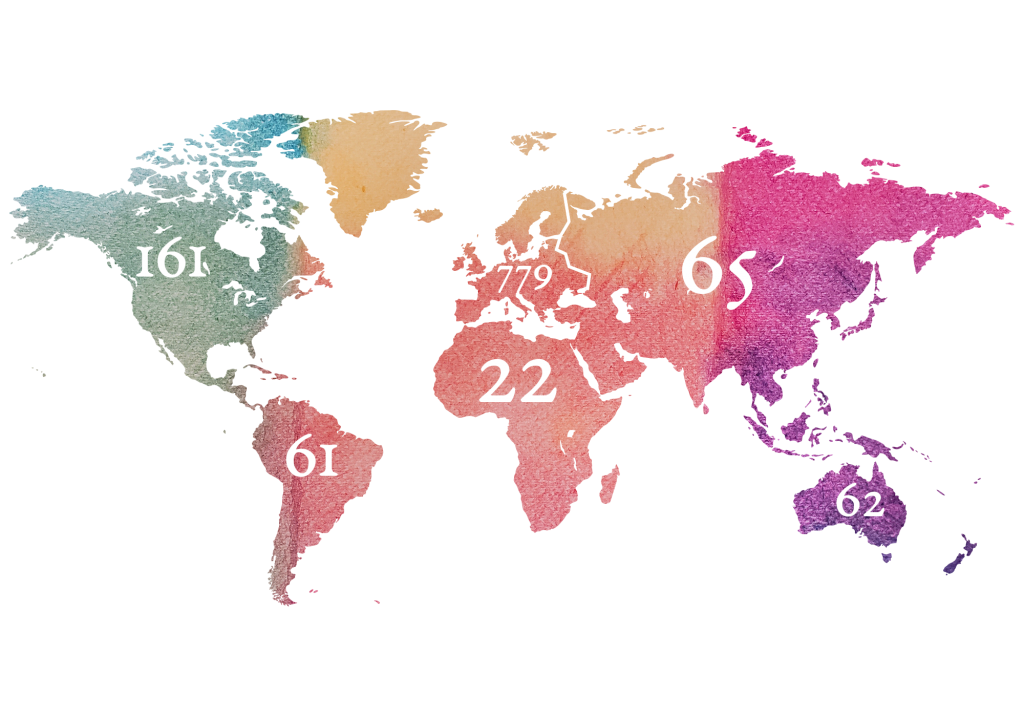ABOUT WALDORF EDUCATION
The Waldorf approach to education is the conscious an intentional use of the insights and indications of Rudolf Steiner as the foundation for pedagogical and organizational work in education. The Waldorf approach to education has become a global movement and, as it draws close to its 100-year anniversary, it has become well-documented in its efficacy; especially in today’s fast-paced, convenient, and technologically-driven world.
Waldorf Schools Worldwide

Why Waldorf Works
Why Waldorf works has more to do with how the brain develops and functions optimally than Rudolf Steiner ever could have known. Sure the educator and founder of Waldorf Education theorized convincingly about how children learn best, but until MRIs and other sophisticated measures of the brain were developed, we had no way to prove or disprove any of Steiner’s theories, not with the kind of precision and accuracy we can now. An overwhelming body of evidence from the last 20 years of neuroscientific inquiry supports Steiner’s theories, including some of the most fundamental foci of Waldorf Education.
Steiner’s approach to education was a holistic one. He recognized that our senses, feelings, and cognitions must all be actively engaged at each stage of development in order for students to maintain, over the long term, a joy and love of learning. Waldorf educators do not make the same mistake made by a number of other more traditional, conventional, and mainstream models of education. Waldorf educators do not overvalue the development of the neocortex and left brain to the exclusion of the right brain, that which senses and feels deeply. It does not focus at too young of an age, before the brain is ready, on purely academic endeavors that attempt with rigor to engage a part of the brain that the child has little access to, the underdeveloped neocortex. (The neocortex is not fully developed until we are in our mid- to late twenties!) Instead, what Waldorf educators do successfully is involve and nourish the sensing, feeling parts of the brain, those easily accessed by young children, so that essential foundational neural connections needed for later academic learning are solidly laid.
Outcomes of a Waldorf Education
WALDORF FILMS
Waldorf Education just had its 100-year anniversary and is gaining worldwide recognition as a successful approach to educating our next generations to be whole, proactive, caring individuals who demonstrate an appreciation for service and lifelong learning. Watch the video below and visit this link to view additional films about Waldorf education worldwide.
Waldorf 100 – The Film from Waldorf 100 on Vimeo.
